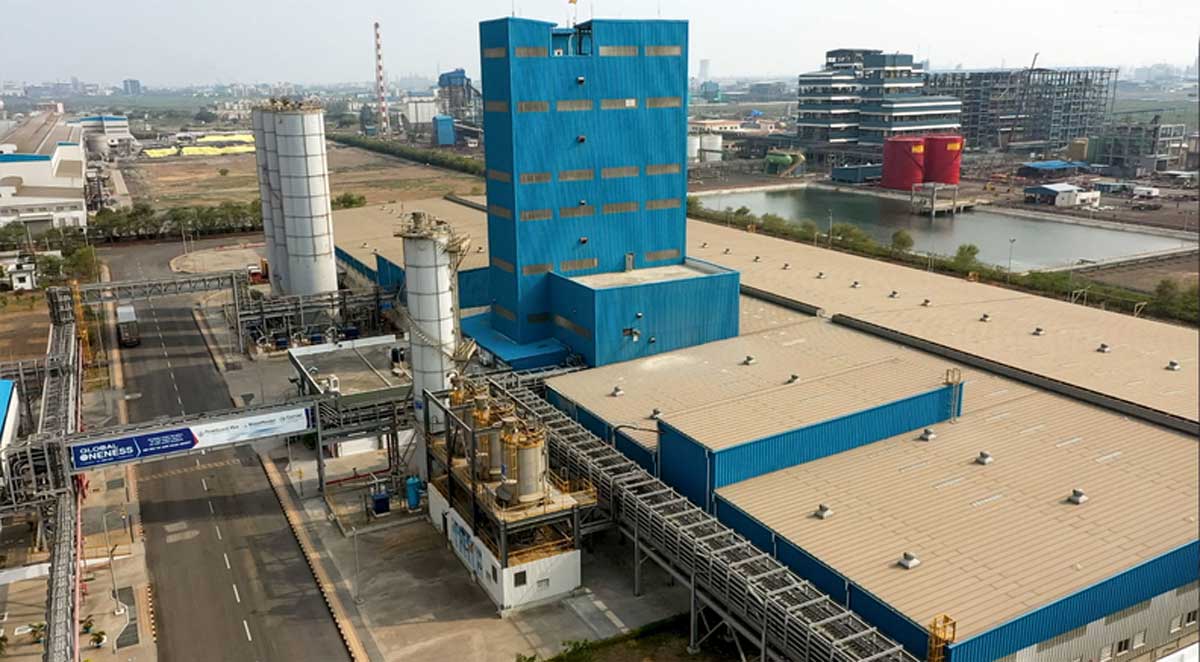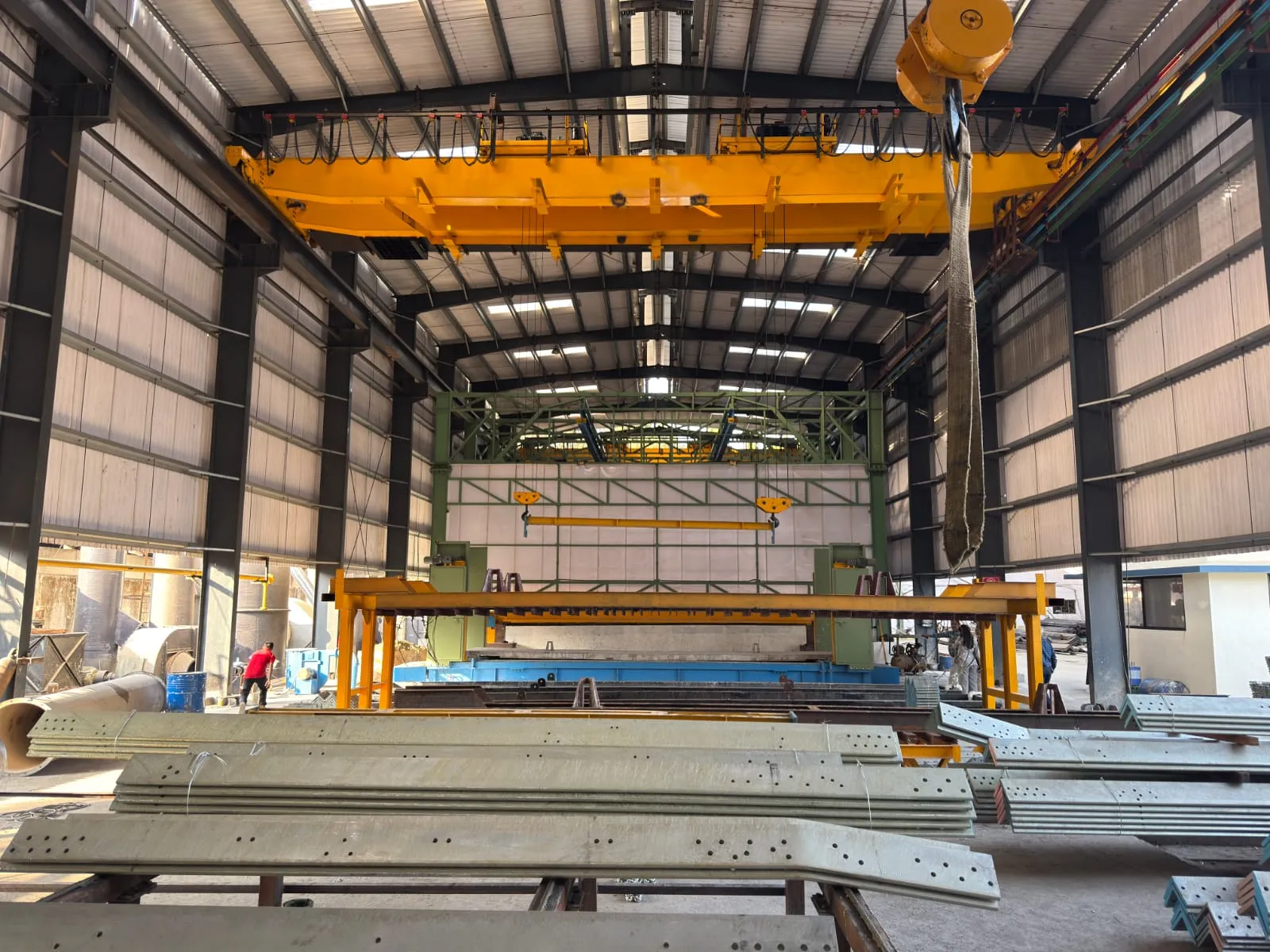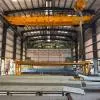
Biden Links India-Middle East-Europe Economic Corridor to Recent Hamas Attack

MoD Inks Rs 23.12 Billion Deal With HAL for Eight Dornier 228
The Ministry of Defence has signed a contract with Hindustan Aeronautics Limited (HAL), Transport Aircraft Division, Kanpur, for the acquisition of eight Dornier 228 aircraft and associated operational role equipment for the Indian Coast Guard (ICG). The agreement was finalised under the Buy (Indian) category and was signed in New Delhi in the presence of the Defence Secretary, Rajesh Kumar Singh, on 12 February 2026. The deal is valued at Rs 2,312 crore, equivalent to Rs 23.12 billion (Rs 23.12 bn), and will fund procurement and equipment delivery. The funding is intended to support productio..

BorgWarner to Supply VTG Turbochargers for HEVs
BorgWarner Inc. has secured a contract with a major European original equipment manufacturer (OEM) to supply its variable turbine geometry (VTG) turbocharger for a hybrid electric vehicle (HEV) platform. The agreement positions the company within the OEM’s global supply chain and will support one of its first HEV offerings in North America. Start of production is scheduled for 2028. The VTG turbocharger is engineered to deliver precise engine control across a wide speed range, enhancing performance, fuel efficiency and emissions management. Electrically actuated adjustable vanes regulate pr..

Jyoti Structures expands manufacturing capacity in Nashik
The announcement Jyoti Structures (JSL) reported steady operational performance in 2025, supported by stable project execution across its power transmission portfolio. The company commissioned galvanisation operations at its second Nashik manufacturing unit, adding 33,000 MT of annual capacity. This increased aggregate tower manufacturing capability at Nashik to approximately 69,000 MT per annum, aimed at improving fabrication accuracy, scheduling control and delivery predictability. JSL also expanded its workforce to over 750 employees, onboarding more than 70 engineers during the year. C..

















